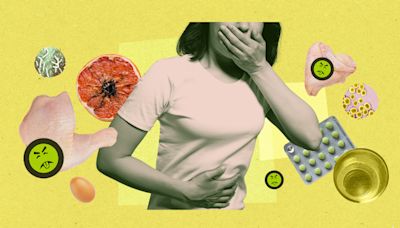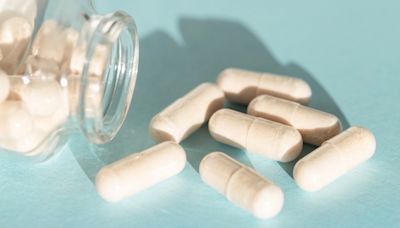Search results
People also ask
How is E coli intestinal infection treated?
What are the symptoms of E coli infection?
What is E coli used for?
What is the treatment for E coli O157 infection?
How long do E coli symptoms last?
6 days ago · Symptoms. Prevention. Contacting a doctor. FAQ. Summary. Escherichia coli (E. coli) is a bacteria that commonly causes UTIs. When an infection occurs, doctors prescribe antibiotics to help treat...
Jun 10, 2024 · Symptoms of E. coli intestinal infection include crampy abdominal pain, diarrhea that may become bloody, and nausea. Although most people recover with supportive treatments, some develop hemolytic uremic syndrome (HUS), a potentially life-threatening condition of kidney failure and blood cell destruction.
6 days ago · Escherichia coli (/ ˌ ɛ ʃ ə ˈ r ɪ k i ə ˈ k oʊ l aɪ / ESH-ə-RIK-ee-ə KOH-ly) is a gram-negative, facultative anaerobic, rod-shaped, coliform bacterium of the genus Escherichia that is commonly found in the lower intestine of warm-blooded organisms.
Jun 7, 2024 · Symptoms include diarrhoea, stomach cramps and occasionally fever. About half of people with the infection will have bloody diarrhoea. People usually notice symptoms 3 to 4 days after they have been infected. But symptoms can start any time between 1 and 14 days afterwards. These symptoms can last up to 2 weeks. Haemolytic uraemic syndrome (HUS)
May 29, 2024 · The bacteria Escherichia coli (E. coli) is a common cause of infections of the bladder or cystitis. E. coli usually live in the intestines of healthy people and animals.
- Kristeen Cherney
Jun 15, 2024 · Colitis is inflammation of the colon. Types include ulcerative colitis, microscopic colitis, pseudomembranous colitis, ischemic colitis, and allergic colitis. Each type of colitis varies in its diagnostic process, causes, and treatment.
Jun 17, 2024 · What are the symptoms? The main symptoms are stomach cramps, severe and sometimes bloody diarrhoea. Some people may only get mild diarrhoea, or even show no symptoms at all.


